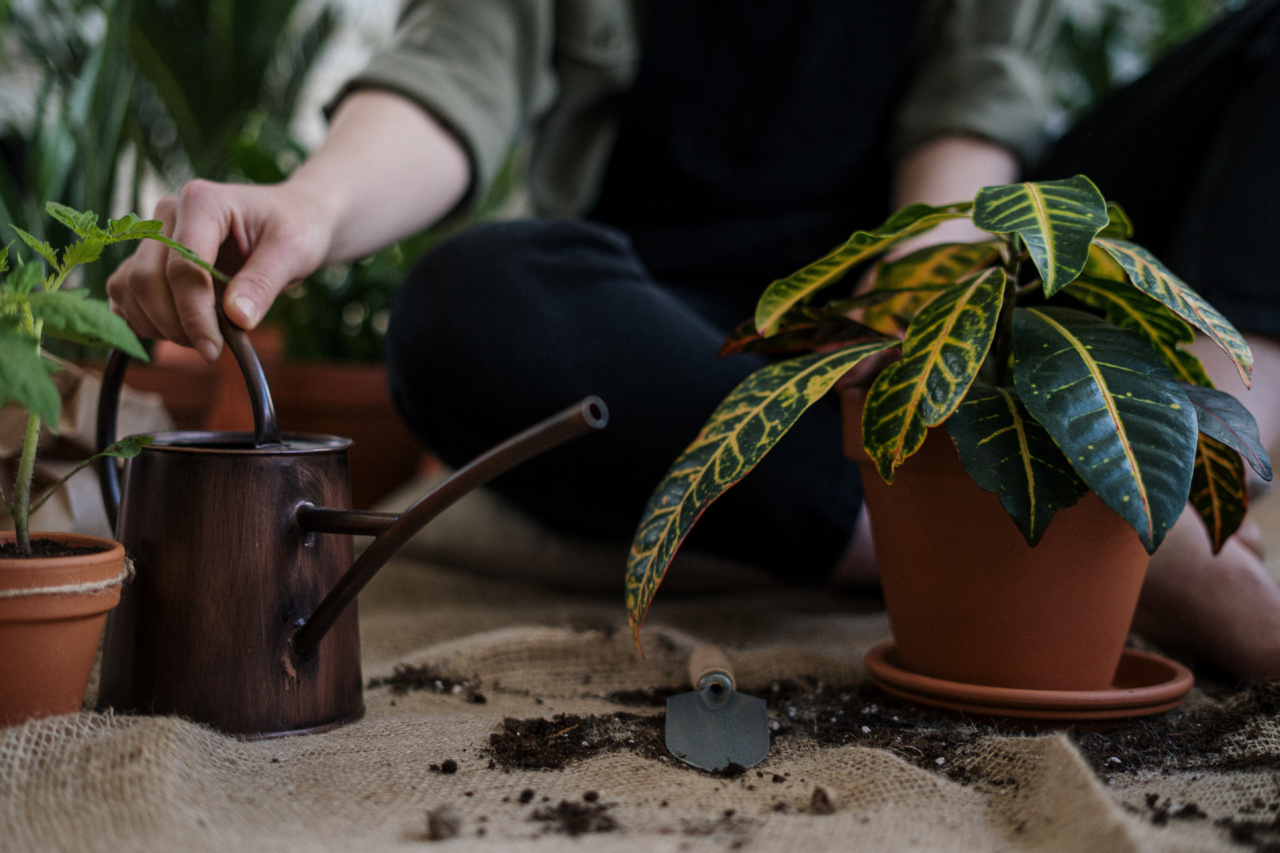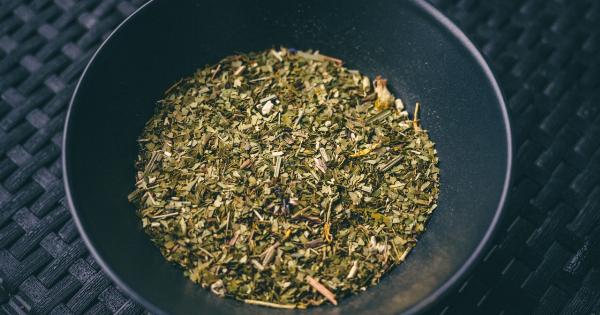Proper digestion is key to overall health and well-being. However, many people suffer from digestive issues such as bloating, indigestion, and gas.
Fortunately, nature has provided us with a variety of herbs that can help improve digestion and beat bloating. These herbs not only enhance the digestive process but also provide relief from discomfort and promote a healthy gut.
1. Ginger
Ginger is a well-known herb that has been used for centuries to aid digestion. It contains gingerol, a compound that helps relax the muscles of the gastrointestinal tract, alleviating symptoms like bloating and indigestion.
Ginger also stimulates the production of digestive enzymes, which enhances digestion and reduces the risk of bloating.
2. Peppermint
Peppermint has long been used as a digestive aid due to its ability to relax the muscles of the gastrointestinal tract. It helps ease bloating, gas, and indigestion by reducing spasms in the intestines.
Peppermint also stimulates the flow of bile, which aids in the digestion of fats.
3. Fennel
Fennel seeds have been used for centuries to improve digestion and reduce bloating. They contain compounds that relax the muscles of the intestines, preventing spasms and reducing gas.
Fennel seeds also have carminative properties, which means they help expel gas from the digestive system.
4. Chamomile
Chamomile is a gentle herb that has been traditionally used to soothe the digestive system. It helps reduce inflammation in the gut, relieve bloating, and ease stomach cramps.
Chamomile tea is particularly helpful for calming an upset stomach and promoting better digestion.
5. Turmeric
Turmeric is a powerful herb that contains curcumin, a compound with anti-inflammatory and antioxidant properties. It helps improve digestion by reducing inflammation in the gut and promoting the release of bile.
Turmeric also stimulates the production of digestive enzymes, aiding in the breakdown of food.
6. Dandelion
Dandelion root has been used for centuries as a natural remedy for digestive issues. It acts as a mild laxative, promoting regular bowel movements and preventing constipation.
Dandelion also stimulates the production of bile, which aids in the digestion of fats.
7. Cumin
Cumin seeds have long been used to improve digestion and relieve bloating and indigestion. They stimulate the production of digestive enzymes, which enhances the breakdown of food.
Cumin seeds also have carminative properties, helping to expel gas and reduce bloating.
8. Licorice
Licorice root is known for its soothing properties on the digestive system. It helps reduce inflammation in the gut and protects the stomach lining.
Licorice also stimulates the production of mucus in the stomach, which can help protect against ulcers and promote better digestion.
9. Garlic
Garlic is not only a popular culinary herb but also a potent digestive aid. It helps stimulate the production of digestive enzymes, which aids in the breakdown of food.
Garlic also has antimicrobial properties, which can help promote a healthy balance of gut bacteria.
10. Lemon Balm
Lemon balm is a calming herb that can help soothe the digestive system and reduce bloating. It helps relax the muscles of the gastrointestinal tract and promotes better digestion.
Lemon balm also has carminative properties, which aid in the expelling of gas and relieve discomfort.
Conclusion
These 10 herbs have been used for centuries to improve digestion, alleviate bloating, and promote a healthy gut. Incorporating these herbs into your daily routine can have a positive impact on your digestive health.
However, it’s important to remember that everyone’s body is different, and it’s always a good idea to consult with a healthcare professional before incorporating new herbs into your routine.




























